Saint Louis University Launches ‘Casa Belize’ Study Abroad Program
BY ISN STAFF | June 19, 2019
Saint Louis University (SLU) and St. John’s College (SJC) in Belize will partner to administer and host a new study abroad program, Casa Belize, starting in fall 2020.
“Living in community in another culture, studying with Belizean peers, and being deeply engaged in experiential learning for a whole semester will have a profound impact on the lives of our students for years after they graduate,” said Christopher Collins, S.J., assistant to the president for mission and identity at SLU.
Building on decades of partnership and collaboration between the two Jesuit institutions, SLU and SJC will welcome the program’s first semester-long study abroad students from SLU and other partner schools. The program, open to students of all majors, promises a semester immersed in the diverse culture, ecosystem, and history of Belize.
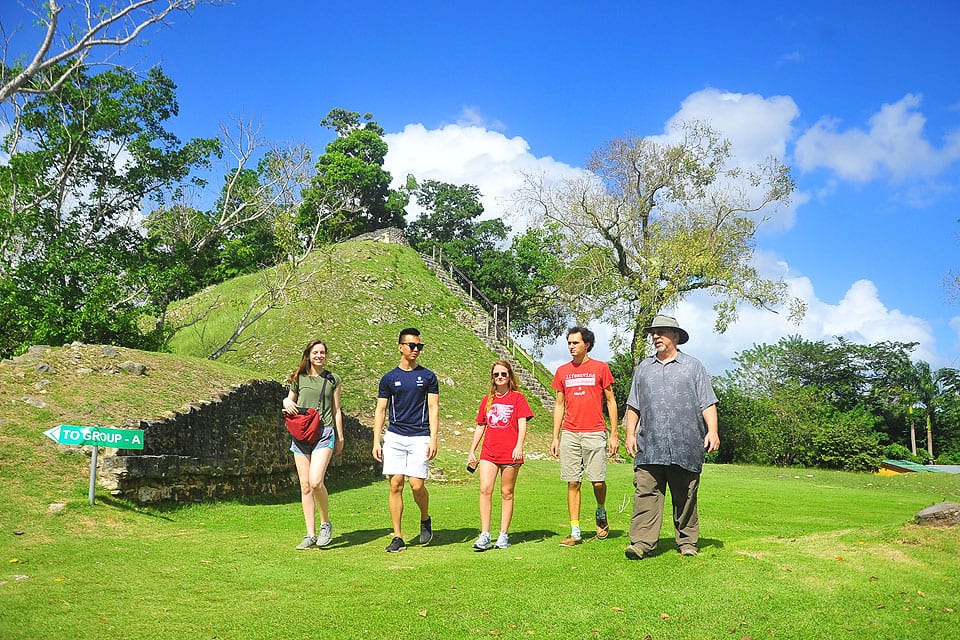
“Casa Belize will bring together two countries, two Jesuit institutions, and many students and faculty in the pursuit of one Jesuit mission,” Alice Peralta, president of SJC, said, noting the significance of past and future collaboration. “This partnership is a testament of the meaning and purpose of Jesuit education, and of its capability to embrace and to connect cultures and people.”
Through interaction with marginalized communities, students will explore academic perspectives on the social realities of Belize and the region, live simply in community with fellow students in an on-campus residence and will be invited to share their spirituality—no matter their faith tradition—with that community. Reflections based in Ignatian spirituality and a community retreat during the semester provide additional opportunities to process the experience abroad.
In this alternative study abroad model based on praxis—the process of listening, learning, and reflecting—students will spend two full days per week accompanying community members, such as youth in detention centers, health care workers, environmental activists, parish program administrators, elementary school faculty, staff and students, and others. This experience informs classroom discussion and personal reflection on the reality of marginal communities in Belize and at home.
Students will also explore the country’s ancient roots at Maya ruins, will take a water taxi to the Caribbean islands just off the coast, and will discover one of the most diverse ecosystems on the planet.
“Casa Belize will provide a great opportunity for students to experience the wonderful people of Belize and to grow in their understanding of the Jesuit mission of inspiring ‘the service of faith and the promotion of justice,’ Bryan Sokol, Ph.D., director of SLU’s Center for Service and Community Engagement said.
This exploration of place and purpose will be brought back to the classroom through a variety of course offerings that will satisfy core and major requirements in Belizean culture and civilization, theology, philosophy, environmental science, and dozens of other electives.
While English is the language of instruction in Belize, students will also be able to refine their Spanish skills in and outside of class with the country’s large Spanish-speaking population. Short term winter and summer programs will also be developed.
Casa Belize grew from a decades-long relationship between SLU and SJC. This long partnership has included numerous SJC students completing their bachelor’s and advanced degrees at SLU; more than 40 SLU students traveling to Belize each year for short-term experiences; and the Belize 2020 partnership between SLU, SJC, and the Central and Southern Province of the Society of Jesus, that supports Jesuit schools, parishes, and social ministries in Belize.
The development of Casa Belize was made possible through the support from SLU’s Office of Mission and Identity, the Office of the Provost, the Center for Service and Community Engagement, the Office of International Services, the College of Arts and Sciences, the leadership and faculty of SJC, Centro Ignacio Ellacuría, and the Jesuit Community of Belize.
[Editor’s note: The original version of this article was published on the Saint Louis University website.]

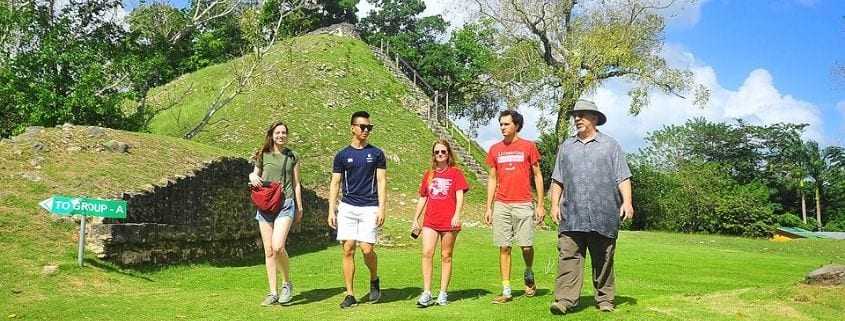
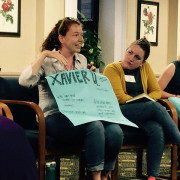



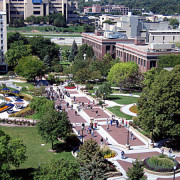
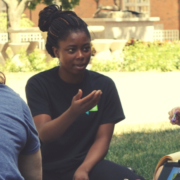

Casa Belize is a fine initiative. God bless.